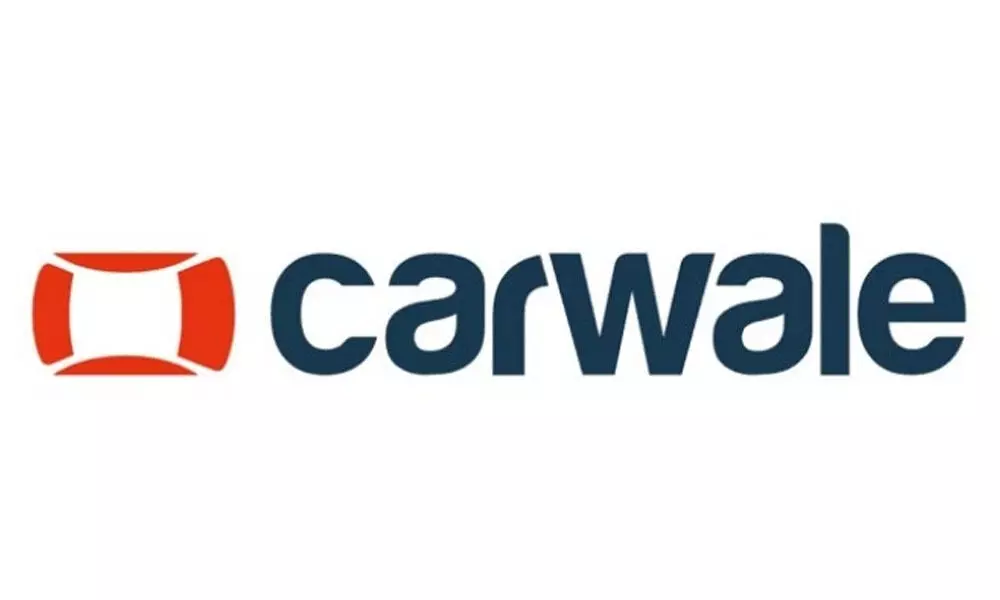Amid Prolong Chip Shortage, Consumer Sentiments On Vehicular Purchase Improves in 2022

Indian Automotive Consumer Canvas
For the automotive industry in India, the two years period has been rather tumultuous due to manufacturing challenges, but the consumer sentiments towards two-wheelers and four-wheelers segments is gradually picking up in the market.
New Delhi: For the automotive industry in India, the two years period has been rather tumultuous due to manufacturing challenges, but the consumer sentiments towards two-wheelers and four-wheelers segments is gradually picking up in the market.
In the second edition of Indian Automotive Consumer Canvas (IACC) 2022, the industry experts from varied backgrounds such as auto manufacturing, banking, and so forth came together to present an analysis highlighting the recent consumer behaviour towards purchase of vehicles in India. Over 2 lac Indians were surveyed as a party of the analytical report, and according to IACC, the survey included age groups ranging between 18 to 25 years, 25 to 35 years, 36 to 45 years, 46 to 55 years and 56 years above.
As per the latest findings of IACC, presented by Kaushik Madhavan, Vice President, Mobility Practice, Frost & Sullivan, suggested that more customers are more open to purchasing 2-wheeler Electric Vehicle over 4-wheelers in the said category. While 76 percent of respondents are willing to purchase 2 wheelers (conventional fuel category) this year, 69 percent would opt to buy a new car.
77 percent of the respondents belonging between the age group of 18 to 35 are looking for more ways to own a vehicle and are also open to diversified business models, both offline and online purchase. 35 percent respondents have supported the idea of buying a two-wheeler EV in this year, indicating a possible popularity trend of EV ideas amongst Indians.
The survey objective, according to IACC, was to find how much the Covid-19 pandemic has altered consumer behaviour and vehicle preferences. The surveyor participation has grown from last year which was at 2,02,000 responses whereas in 2022, around 2,56, 351 people participated in the survey within eight days from Tier 1, 2 and 3 cities.
With an increased need to commute, it is likely that the target consumers will renew their plans to purchase a vehicle in the current year. With the lower threat of Covid-19 as of today, IACC survey findings indicate that people are open to exploring other ways to own a vehicle such as pre-owned cars or bikes or a subscription model. The last two years, due to the deadly pandemic, people have been financially impacted which further delayed their purchasing capacity. According to survey findings, 51 percent participants said they have experienced purchase reduction by 10 percent, whereas 18 percent by over 30 percent.
On the adoption of EV, Madhavan said, "Lack of charging infrastructure is still one of the biggest reasons why people think twice before purchasing an EV. There is some gap to be bridged here… we have a mix of private players, aggregators coming in to install charging infrastructure. We also have OEMs investing significantly for fast charging infrastructure."
Amongst 27,666 responses, 46 percent participants said no to buying an EV in the current year. Out of 10,995 respondents, 64 percent stated that they would expect a better product option in terms of EV (purchase), 27 percent cited affordability and 17 percent said better infrastructure is required to attract customers for EV adoption.
Factors such as high prices, safety concerns also have played a spoilsport for wider acceptance towards EV in India. In the conventional fuel (petrol, diesel) category, amongst 19,164 respondent's 74 percent said they would purchase new vehicles, 20 percent said they would opt for pre-owned and only a miniscule percentage of 3 percent opted for a subscription model and leasing model, respectively.
In terms of purchasing a vehicle, amongst 12,535 participants, 48 percent said that they would go to nationalized banks to finance their purchase, whereas only 10 percent would exchange their old vehicle to purchase a new one.
Shashank Srivastav, Senior Executive Director, Marketing and Sales, Maruti Suzuki India, said that apart from the IACC findings, other contributing factors such as precedence over personal mobility as against shared mobility is also resulting in more people willing to purchase new vehicles. He also stated that the demand for used vehicles has also gone up substantially.
Sumit Bali, Group Executive and Head – Retail Lending, Axis Bank, said, "So, clearly, we have seen consumer confidence and sentiments improve. This year itself, in the Quarter 4 of FY 2021-22, we are seeing a strong momentum in terms of (vehicle) purchase."
Bali stated that lower interest rates have helped potential buyers to intend to buy new vehicles, in spite of the manufacturing challenge in the auto industry due to semiconductor chip shortage supply. C.S. Vigneshwar, Secretary, FADA, has warned that the shortage of essential components i.e., semiconductor chips, is likely to continue in the next 6 to 8 months.











